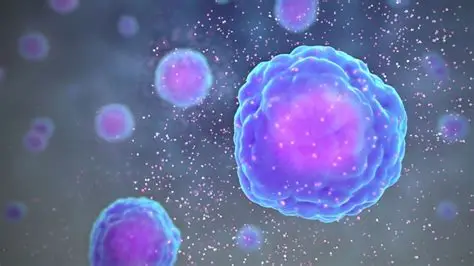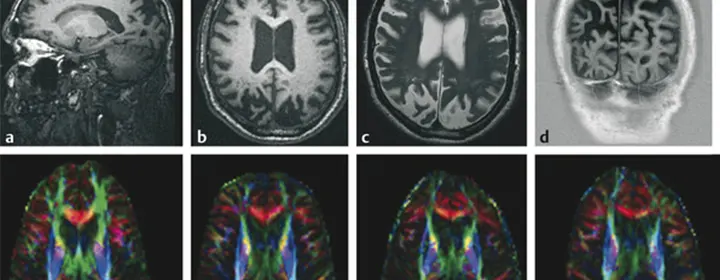
Traumatic Brain Injury (TBI) - Specialists Providing Advanced Care and Diagnostics
Beyond diagnosis, our commitment to excellence extends to the forefront of TBI therapy.
Our Services
Get in Touch

Kansas City’s Leading Clinic for TBI Diagnostics and Therapy
Understanding Traumatic Brain Injury
TBI occurs when the brain experiences sudden trauma, leading to structural or functional impairment. The severity of injury can range from mild concussions to severe brain damage. Symptoms can be immediate or delayed and may include:
Headaches and migraines
Dizziness and balance problems
Nausea and vomiting
Cognitive deficits including memory, attention, and processing difficulties
Emotional changes, including anxiety, depression, and irritability
Fatigue and sleep disturbances
Neck pain and musculoskeletal issues
Proper diagnosis is crucial for determining the most effective course of treatment. We utilize advanced neuroimaging, including diffusion tensor imaging (DTI), to identify subtle brain changes and guide individualized therapy plans.

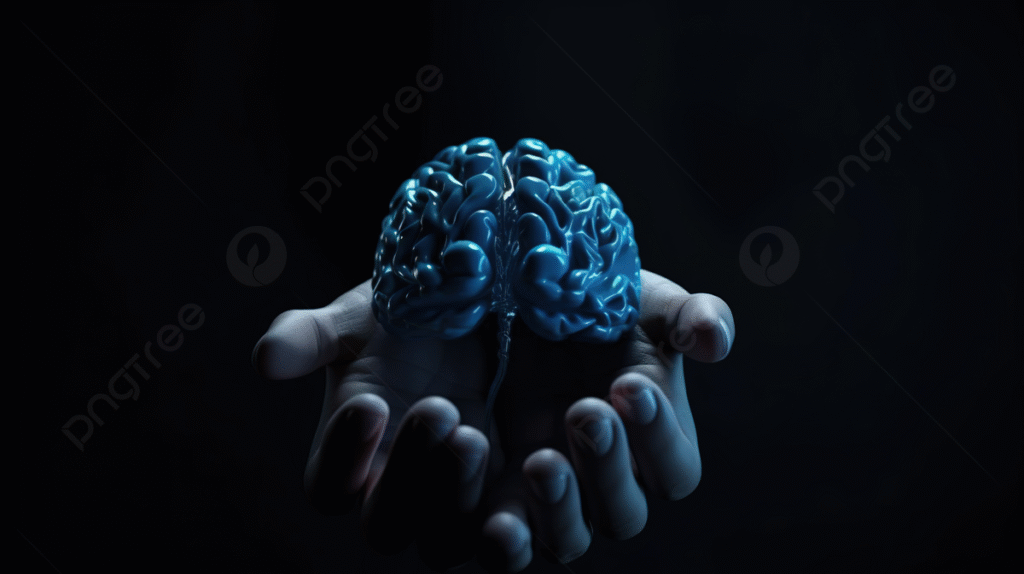
Why Choose TBI Therapy in Kansas City
Patients in Kansas City and surrounding areas benefit from access to advanced therapies, experienced clinicians, and personalized treatment plans. Our TBI program is designed to:
Provide a comprehensive evaluation and diagnosis
Integrate innovative therapies such as acellular nanoparticle treatment
Offer cognitive, mental health, functional, and cervical rehabilitation
Support recovery for patients with concussions, moderate TBI, or severe brain injuries
By combining advanced diagnostics with individualized therapy, patients can achieve measurable improvements in cognitive function, physical abilities, and overall quality of life.
Functional Rehabilitation
Functional rehabilitation focuses on improving physical abilities and daily living skills affected by TBI. This therapy addresses:
Balance and coordination deficits
Gait and mobility impairments
Strength and endurance limitations
Fine and gross motor skill retraining
Functional rehabilitation is tailored to each patient’s specific deficits. Therapy sessions include exercises to restore movement patterns, improve strength and flexibility, and enhance overall physical function. By integrating functional rehabilitation with cognitive and mental health therapies, patients experience a more complete recovery.


Mental Health Support
Traumatic brain injuries often have a profound impact on mental health. Patients may experience depression, anxiety, irritability, and mood swings. Addressing mental health is crucial for recovery and overall well-being.
Our mental health support includes:
Individual therapy to manage emotional changes post-injury
Cognitive-behavioral techniques to address negative thought patterns
Stress management strategies to reduce anxiety and fatigue
Integration with other therapies to ensure holistic recovery
Providing mental health support alongside physical and cognitive rehabilitation ensures patients receive comprehensive care and maintain motivation throughout the recovery process.
Cognitive Rehabilitation
Cognitive rehabilitation is an essential component of TBI therapy, focusing on restoring mental functions affected by brain injury. This therapy addresses:
Memory deficits and forgetfulness
Attention and concentration difficulties
Executive functioning, including planning, organization, and decision-making
Processing speed and problem-solving abilities
Our cognitive rehabilitation program utilizes structured exercises, computerized cognitive training, and real-world strategies to help patients regain independence and improve daily functioning. Progress is closely monitored to adapt exercises to each patient’s evolving needs, ensuring targeted and effective recovery.
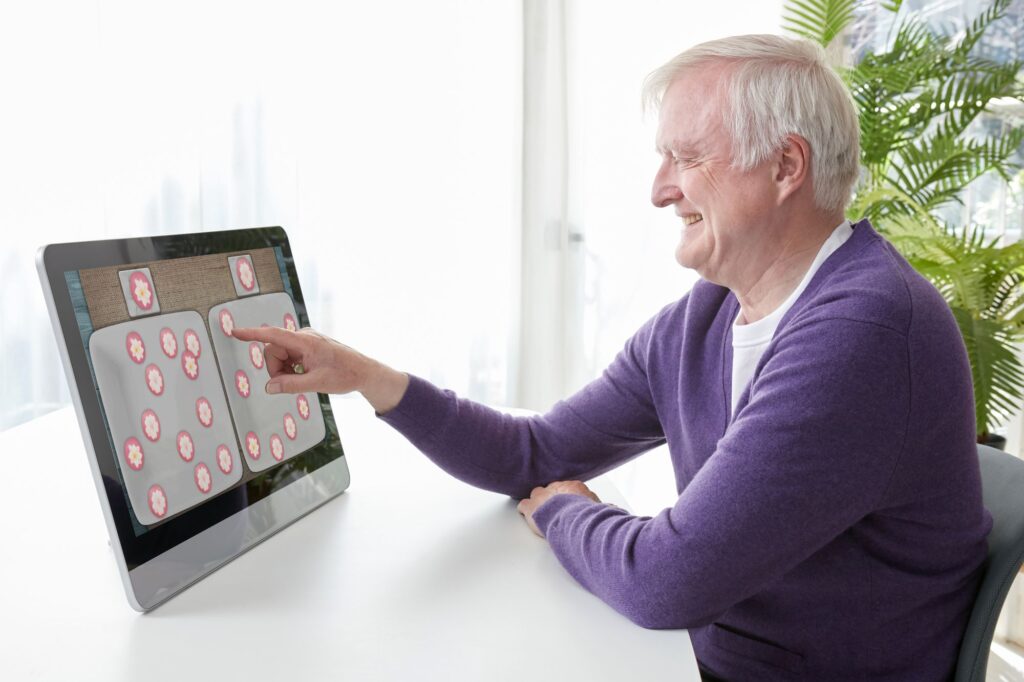
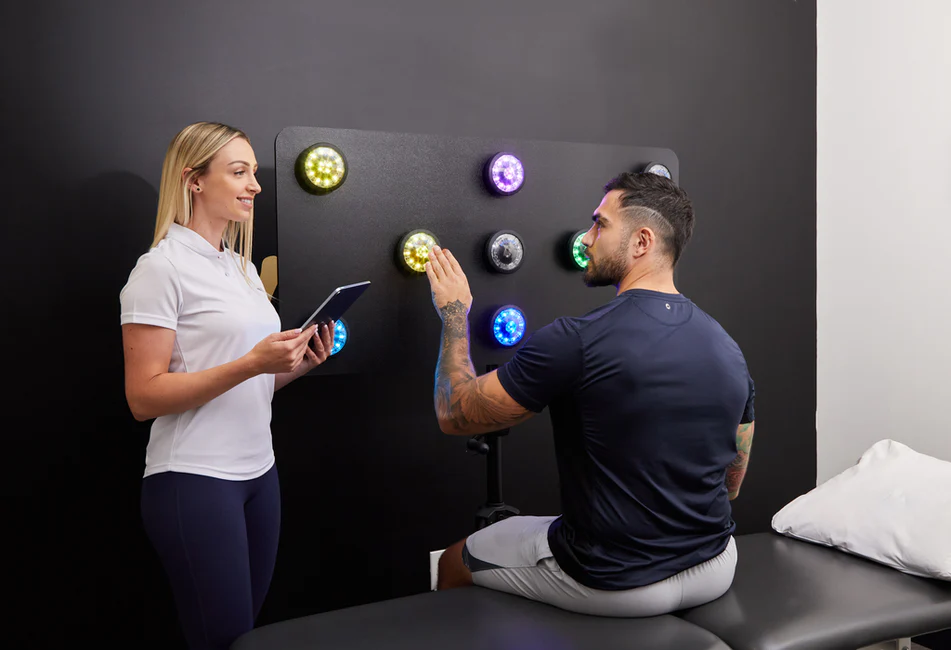
Concussion Rehabilitation and Exercise Program
Our CORE program is designed by Lance Stevenson, and it’s goal is to address the underlying drivers of post-concussion syndrome (PCS) symptoms. It is an evidence-based program that combines targeted exercise, physical rehabilitation, and functional therapy to help patients recover from concussions and mild traumatic brain injuries.
The program begins with a comprehensive assessment of each patient, including cognitive, vestibular, cervical, and functional evaluations. Based on these findings, a personalized plan is developed that addresses the specific impairments contributing to PCS symptoms such as headaches, dizziness, fatigue, cognitive deficits, and balance issues.
Exercise and rehabilitation are central to the program. Structured physical activity is used not only to restore strength, mobility, and endurance but also to promote neural recovery and improve autonomic regulation. Patients engage in progressive exercise routines designed to challenge the brain and body safely, improving tolerance to activity and reducing symptom severity over time.
This program is designed to promote neural recovery, improve function, and reduce the risk of long-term complications. By combining multiple therapeutic strategies, patients experience measurable improvements in mobility, cognition, and overall quality of life.
Acellular Nanoparticle Therapy for TBI
Acellular nanoparticle therapy is a cutting-edge regenerative treatment designed to support brain healing without the use of living cells. Derived from biologic sources, these nanoparticles deliver growth factors and signaling molecules to injured brain tissue, promoting neurorepair and reducing neuroinflammation.
Key benefits of acellular nanoparticle therapy include:
Supporting neural regeneration and synaptic repair
Reducing inflammation in the brain
Enhancing cognitive function and processing speed
Complementing other therapies such as cognitive rehabilitation and vestibular therapy
This therapy is integrated into our TBI program to maximize recovery potential for patients who have experienced concussions or more severe brain injuries.
